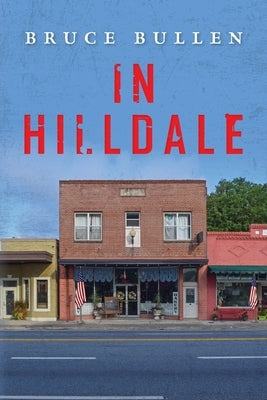Deliver
$13.99
$15.99
The Hard Switch
$13.99
$18.99
The Sorrow of War: A Novel of North Vietnam
$12.99
$18.00
Beastars, Vol. 4
$9.99
$12.99
The Book of Disquiet: The Complete Edition
$20.99
$27.95
Goodnight Punpun, Vol. 2
$17.99
$24.99
Pride and Prejudice
$10.24
The Best Project
$4.99
Wait
$17.00
In Hilldale
$14.99
My First Book
$18.00
Learning to Drive
$21.00
Select Screen
$16.00
This Side of Paradise
$23.00
Noon
$20.00
This Year's Ghost
$18.00
Anna Karenina
$17.99
Where I Went Wrong
$19.95
Bleak House
$12.99
Anonymity
$15.95
Wendt: Pouliuli
$15.00
The Brother
$13.95
The Movement of Stars
$30.00
The Sound and the Fury
$12.99
The Melting
$18.99
Moby-Dick
$15.99
I Am Charlotte Simmons
$23.00
Mother
$18.99
Untouchable
$16.95
Better You Go Home
$13.95
The Dining Car
$28.95
The Cherry Cola Book Club
$16.00
Texaco
$22.00
Key West Tales
$19.00
The Destroyers
$18.99
Anima Rising
$30.00
The Emperor of Gladness
$30.00
Run for the Hills
$28.99
Sleep
$28.00
Awake in the Floating City
$28.00





















































